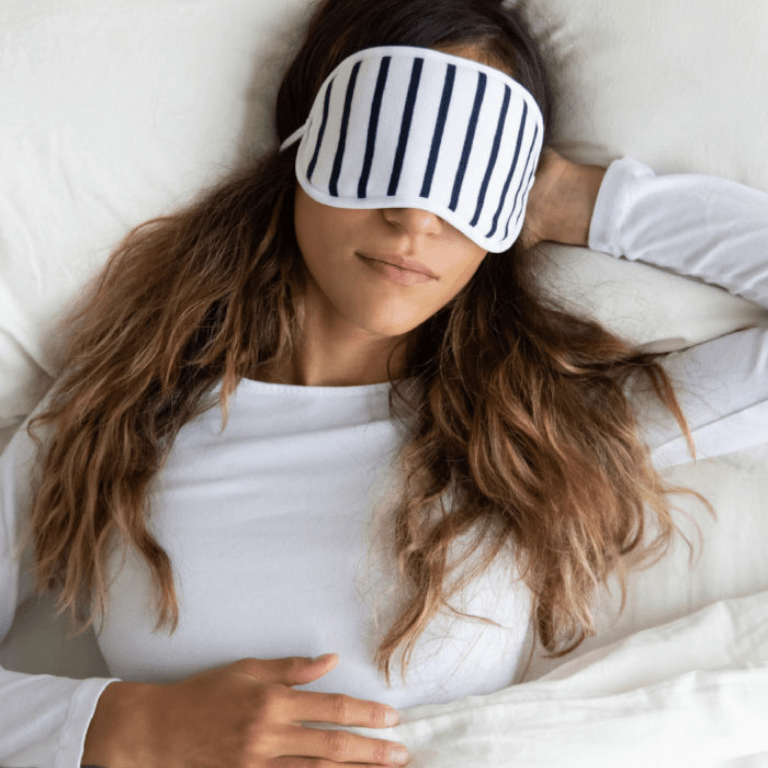Sleep hygiene tips you can try tonight for a great sleep
Getting a good night’s sleep is vital for mental and physical health and can improve the overall quality of life. If you’ve been struggling to fall and stay asleep, we have some sleep hygiene tips that you can try tonight!
What is sleep hygiene?
Sleep hygiene is having a series of daily routines and a bedroom environment that promotes regular, uninterrupted sleep. What helps people fall and stay asleep can be different for everyone, so it’s recommended to test different techniques to see what works for you.
Daily habits that can be implemented during the day to help set you up for a great night’s sleep.
- Consistency is key! Going to bed at the same time and waking up at the same time helps your brain and body get into a rhythm.
- Keep the caffeine to a minimum. While this might be a challenge if you’ve not been sleeping, not drinking caffeine after 2pm will ensure it’s out of your system before bedtime.
- Avoid naps during the day. Everyone needs a certain amount of sleep per day. By taking naps, it decreases the amount of sleep we need that night, leading to difficulty in falling asleep. While they might be a great way of getting some energy during the day, they can throw off your sleep schedule at night.
- Make your bedroom a magnet for sleep. This might mean opening a window to make the room cooler and more comfortable or putting up black out curtains to help block out any distracting light. Having a comfortable mattress and pillow that matches your needs can have a massive impact on your ability to fall asleep, as can your bedding choice too.
Try a wind down routine at night
- An hour before going to bed, dim the lights in your house. Bright lights can interfere with your body producing the hormone melatonin, which regulates the sleep cycle.
- Within that hour before bed, take one Hush & Hush MindYourMind. This has a scientific blend of natural soothing agents and time-tested sleep aids like tryptophan, valerian root, holy basil leaf and magnesium, which work together to calm the mind and body. It reduces mental clutter, helping you to fall and stay asleep and won’t leave you feeling groggy in the morning.
- Relax. Try meditation, stretching, reading or listening to music to help put you into a state of calm. Meditation and breath work can also be practiced in bed when trying to nod off. When your focus is on relaxation instead of falling asleep, it can take the pressure off you.
- Turn off your phone. If you can’t do that, turn off your notifications and put it on Do Not Disturb. Try to implement this at least 30 minutes before going to bed. Many devices have blue light technology which blocks the production of melatonin. A lack of melatonin means it will take you longer to fall asleep.
- Keep a notebook beside your bed. A racing mind and mental clutter is a common reason that many deal with when trying to fall asleep. Try writing out your to-do list for the following day before getting into bed.
Try out these sleep hygiene tips and hopefully they will help you get into a routine that promotes a great night’s sleep.

